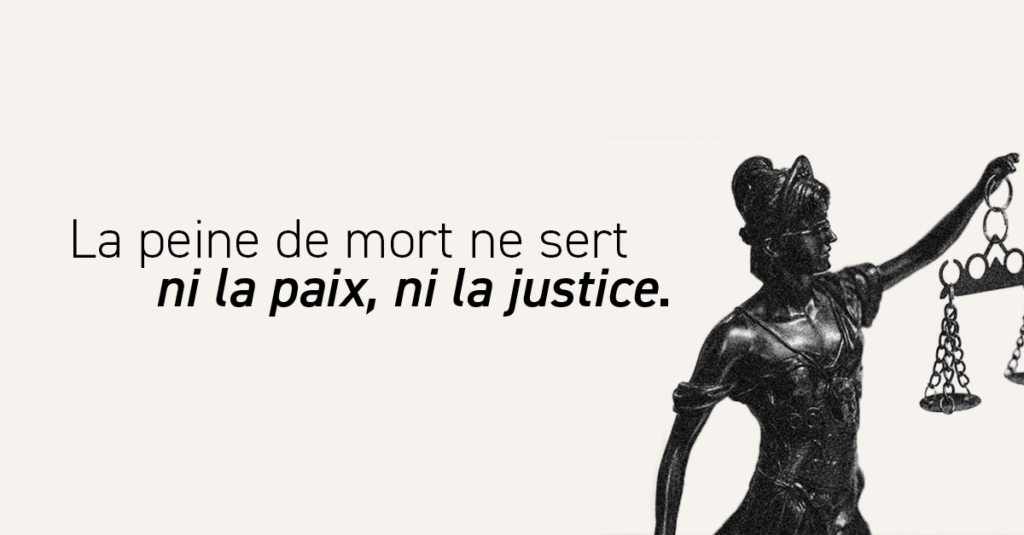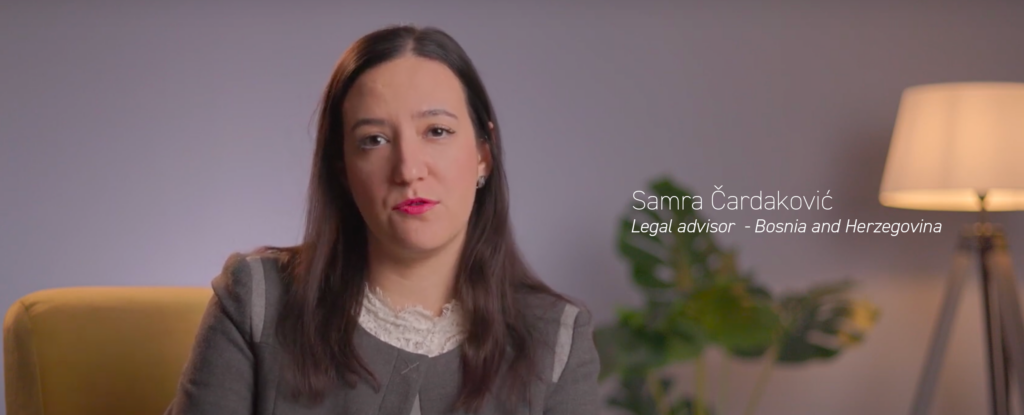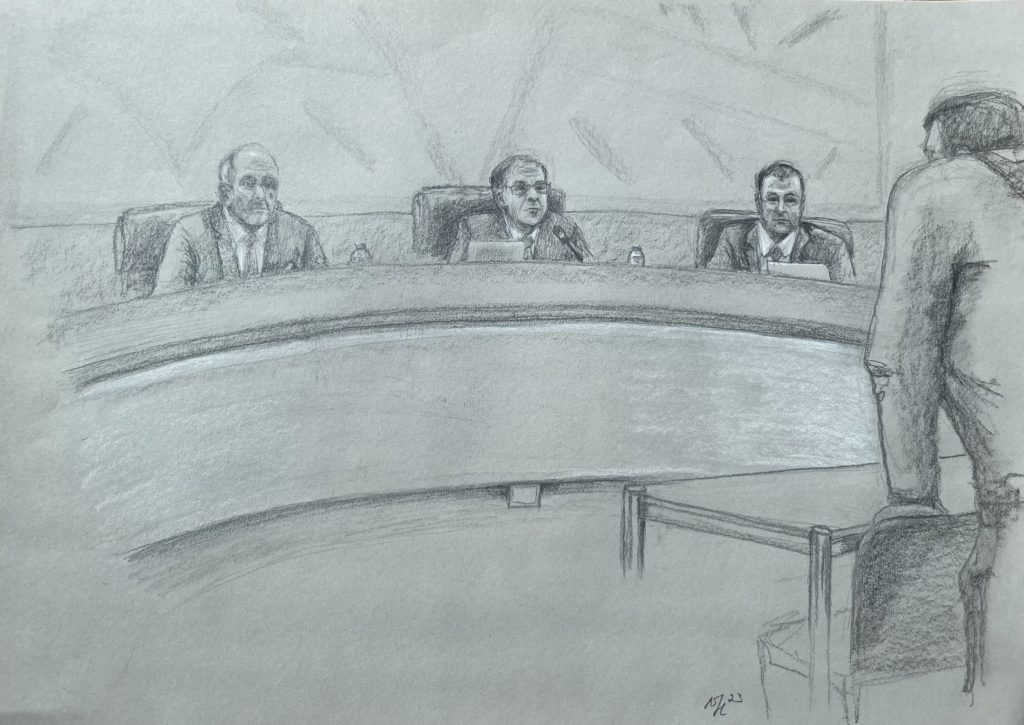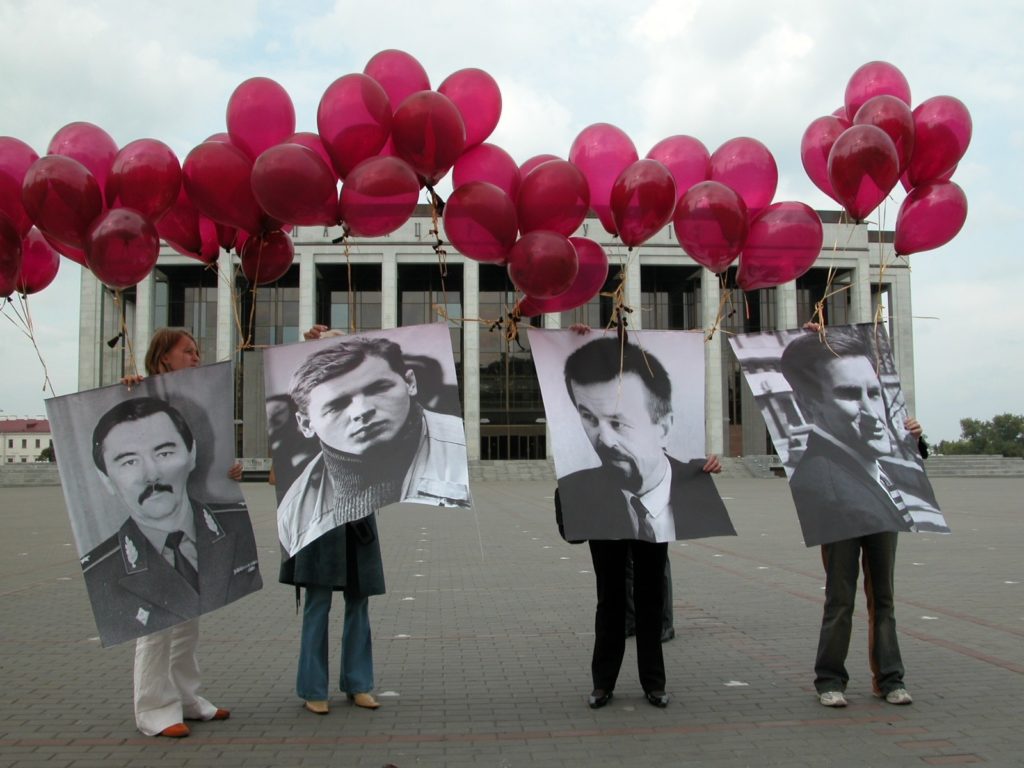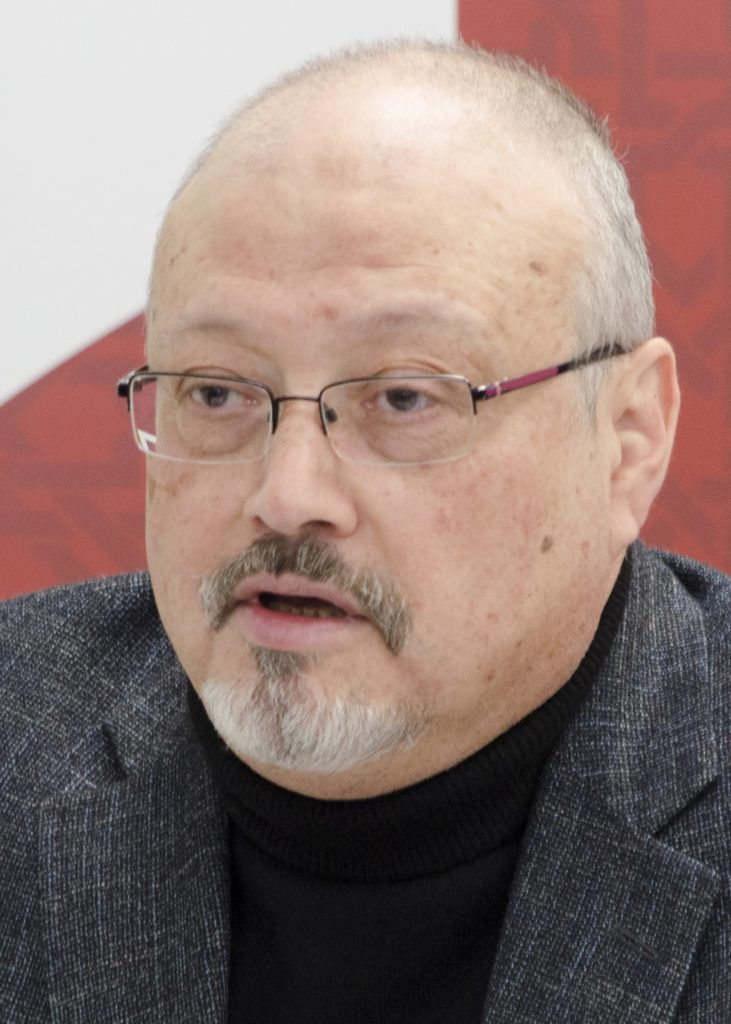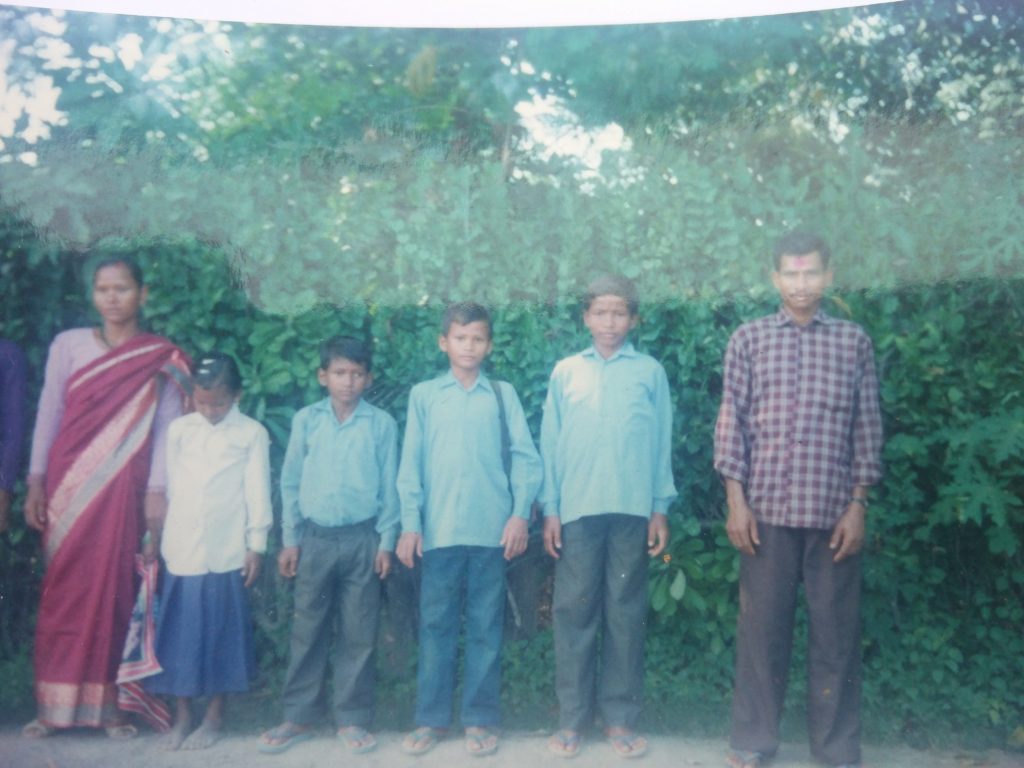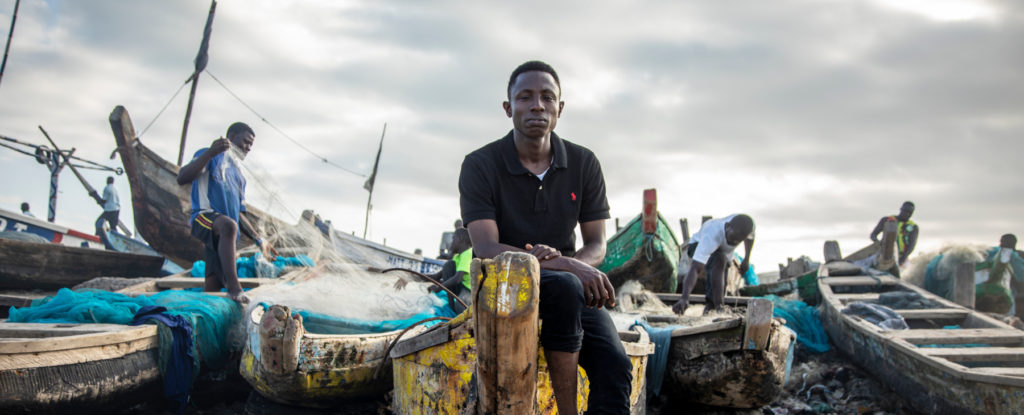Enforced disappearance of Jaballa Hamed Matar in 1990
Introduction
In November 2010, TRIAL submitted an individual communication before the United Nations Human Rights Committee regarding the enforced disappearance of Jaballa Hamed Matar in 1990.
Jaballa Matar was a colonel in the Libyan army and became a key member of the opposition to the government after the 1969 coup. Mr. Matar was arrested in 1970 and detained for 6 months. After his release, he worked a few years for the government and then resigned his position because of policy disagreement. He worked as a businessman from 1973 to 1978 in Libya but realising it was no longer safe to live there, Jaballa Matar and his family left the country in 1979 to settle in Egypt, where they spent 11 years in exile. While in Cairo, Jaballa Matar was a member of the Executive Committee of the National Front for the Salvation of Libya (NFSL), an opposition mouvement. As such, he wrote many articles calling for democracy, the rule of law and justice in Libya.
On 4 or 5 March 1990, agents of the State Security Investigation Bureau came to Jaballa Matar’s home in the district of Mohandessin, Cairo. They took him and Mr. Izzat Yousef Al-Maqrif – another opposition figure living in exile in Cairo – to the headquarters of the State Security Investigation Bureau.
Upon arriving, Mr. Matar and Mr. Al-Maqrif were interrogated by agents of the State Security Investigation. They were released by the Egyptian authorities, but their passports were confiscated. On 12 March 1990, Egyptian authorities returned and took the two men from their respective homes. The two were detained and not allowed to return home. Their families never saw them again.
According to letters the two men managed to smuggle out of prison, their relatives were informed that after their arrest, the two men were taken to the headquarters of the Egyptian Military Security for further interrogation and then transferred to Libya by plane from Cairo airport to Tripoli. From there, they were taken to Abu Salim prison.
Jaballa Matar was never brought before a judge nor given the possibility to challenge the legality of his detention. No charges against him were ever presented. His family was never informed by the authorities about the fate or whereabouts of their loved one. To this day, it remains unclear whether Jaballa Matar is still alive.
In November 2010, TRIAL therefore submitted an individual communication to the United Nations Human Rights Committee on behalf of the Jaballa Matar’s son asking the Committee, amongst other:
- to find that Libya has breached numerous articles of the International Covenant on Civil and Political Rights in relation to the disappearances of Jaballa Matar and to the way it has treated his family;
- to request that Libya undertake all necessary action to:
- conduct independent investigations as a matter of urgency with a view to locatingJaballa Matar and, in the event of his death, exhuming, identifying, respecting and returning his mortal remains to his family;
- fully investigate the circumstances of the alleged violations and take all appropriate steps to bring to justice and sanction those responsible before the competent civilian authorities;
- adopt all necessary measures to ensure that Jaballa Matar’s family receive integral reparation and prompt, fair and adequate compensation. Reparations shall include measures aiming at granting restitution; rehabilitation; satisfaction, including restoration of dignity and reputation; and guarantees of non-repetition;
Context
Since the coup that brought Colonel Gaddafi to power in 1969, many opposition groups to his regime were created abroad. One of the most important of the opposition groups was the NFSL, which opposed military and dictatorial rule in Libya, and called for a democratic government with constitutional guarantees, free elections, a free press, and separation of powers among the executive, legislative, and judicial branches. The enforced disappearances of Mr. Jaballa Hamed Matar and Mr. Izzat Yousef Al-Maqrif, two high-ranking members of an opposition party operating abroad, took place in the context of the repression implemented by the Libyan government against members of those groups.
The Decision
The Human Rights Committee decided to deal jointly with the communications concerning the cases of Mr. Izzat Al-Maqrif and Mr. Jaballa Hamed Matar.
In March 2014, the Human Rights Committee communicated its decision (called “views” in the UN language). The Committee held that Libya violated Arts. 6, para. 1 (right to life); 7 (prohibition of torture); 9 (right to personal liberty); 10, para. 1 (right to humane treatment); and 16 (right to juridical personality), of the International Covenant on Civil and Political Rights, alone and in conjunction with Art. 2, para. 3 (right to an effective remedy); with regard to Mr. Izzat Yousef Al-Maqrif and Mr. Jaballa Hamed Matar. The Committee also found a violation of Art. 7, read alone and in conjunction with Art. 2, para. 3, of the Covenant with respect to the authors of the communications because of the suffering inflicted on them by the enforced disappearance of their fathers. In the case of Mr. Youcif Almegaryaf, the Committee found also a violation of Art. 24, para. 1 (rights of the child), of the Covenant, given that he was 6 years old when his father was subjected to enforced disappearance and Libya failed to adopt the special measures of protection he was entitled to as a minor.
The Committee requested Libya to: (a) conduct a thorough and effective investigation into the disappearance of the two men; (b) provide the authors and their families with detailed information on the results of its investigation; (c) release Mr. Izzat Yousef Al-Maqrif and Mr. Jaballa Hamed Matar immediately, if they are still being detained incommunicado, or, in the event of their death, hand over their remains to their families; (d) prosecute, try and punish those responsible for the violations committed; and (e) provide adequate compensation. Libya must also publish the decision of the Committee and widely disseminate it.
Libya must inform the Committee within 180 days about the measures taken to implement the decision.

